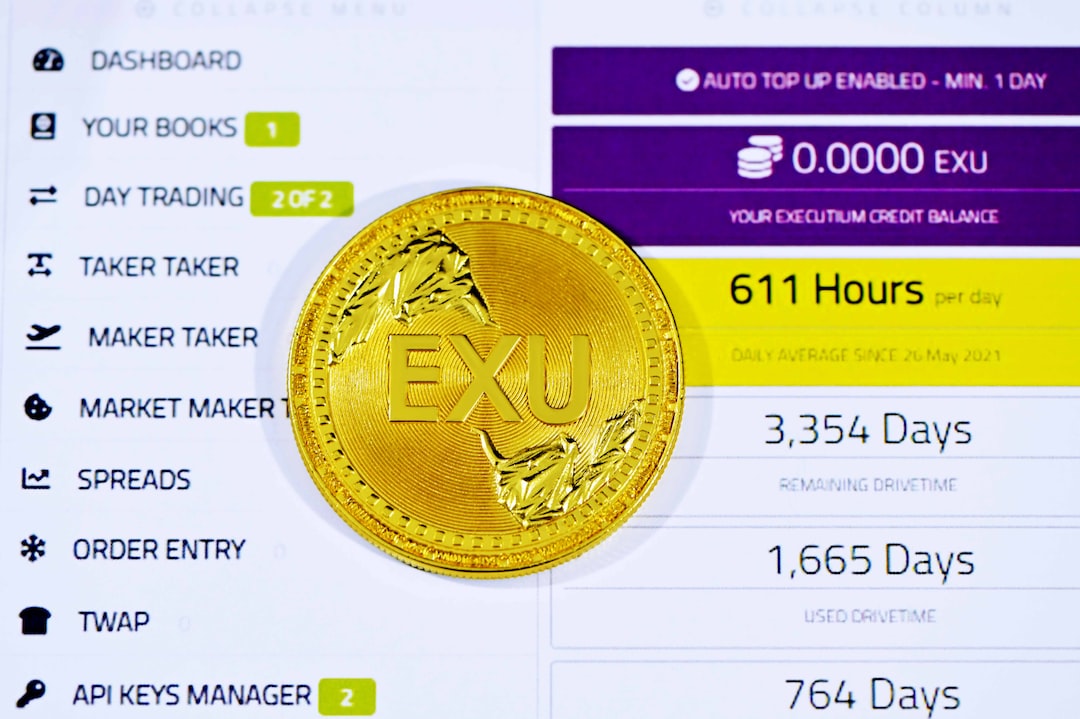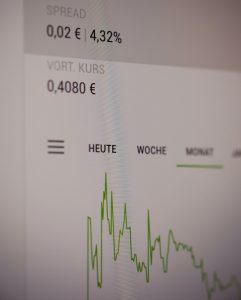As a beginner in the world of trading, it can be overwhelming to decide which market to focus on. Two popular options are futures and forex. Each has its own advantages and disadvantages, and it’s important to understand them before making a decision.
Futures trading involves buying and selling contracts for the delivery of a particular asset at a future date. The asset can be anything from commodities like gold and oil to financial instruments like stock indices and currencies. One of the main advantages of futures trading is that it offers a high degree of leverage, meaning you can control a large sum of money with a relatively small investment. This can lead to significant profits if you make the right trades.
Forex trading, on the other hand, involves buying and selling currencies in pairs. The forex market is the largest in the world, with trillions of dollars traded daily. One of the advantages of forex trading is that it is open 24 hours a day, five days a week, making it easy to fit into your schedule. Forex also offers high leverage, which can increase your potential profits.
So, which is better for beginners: futures or forex? The answer depends on several factors.
First, consider your trading style. Futures trading tends to be more suited to short-term traders who are looking to take advantage of market fluctuations. This is because futures contracts have expiration dates, which means you need to be able to exit your positions before they expire. If you prefer longer-term trading, forex may be a better option as there are no expiration dates.
Another factor to consider is the level of risk you are comfortable with. Futures trading can be very volatile, with prices fluctuating rapidly in response to news and events. This can lead to significant profits, but it can also lead to significant losses. Forex trading is also risky, but it tends to be less volatile than futures trading.
When it comes to the learning curve, both futures and forex require a significant amount of education and practice. However, forex may be slightly easier to grasp for beginners as it involves trading in just a few currencies rather than a wide range of assets.
Finally, consider the fees and commissions associated with each market. Futures trading typically involves higher fees and commissions than forex trading. This is because futures contracts are traded on exchanges, which charge fees for their services. Forex trading, on the other hand, is often done through brokers who charge lower fees and commissions.
In conclusion, both futures and forex trading offer opportunities for beginners to make profits, but they have different advantages and disadvantages. Futures trading offers high leverage and the potential for significant profits, but it can be volatile and requires short-term trading strategies. Forex trading is less volatile and offers the ability to trade 24/5, but it still involves significant risk and requires a lot of education and practice. Ultimately, the best choice for beginners will depend on their personal preferences and trading goals.





